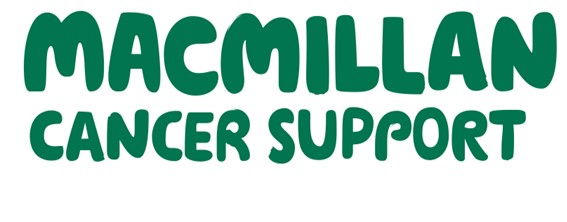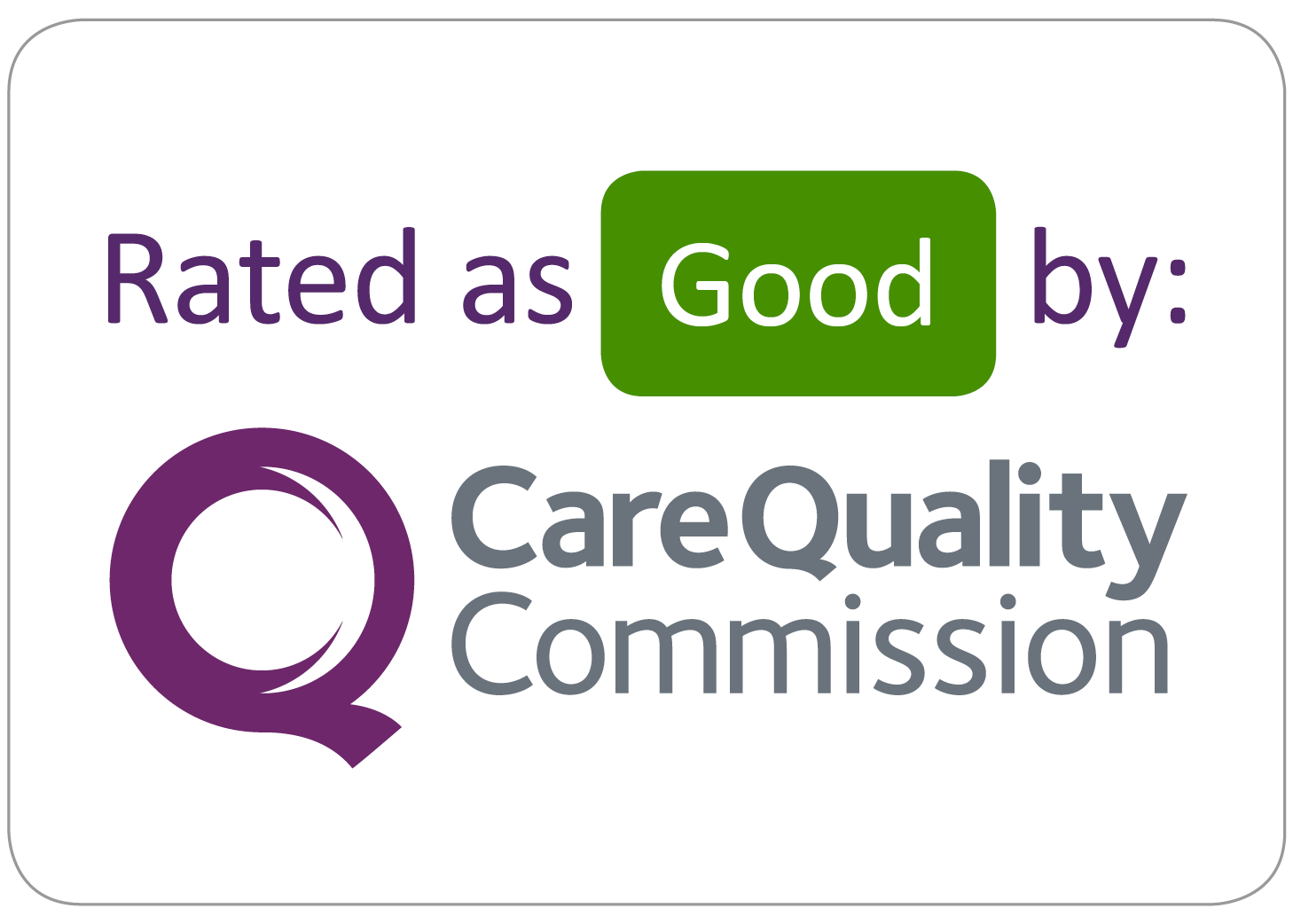First Steps
First Steps always starts with a patient sharing the story of their cancer diagnosis and journey. Patients and family members who have joined First Steps say that they find it interesting and encouraging to listen to a patient sharing their story.
Patient feedback regarding First Steps
First Steps programme topics include
Introduction to cancer treatment
Being diagnosed with cancer can be a huge shock you will be feeling lots of emotions. Many people feel overwhelmed when they are told they have cancer - there is no right or wrong way to feel. There are lots of different people and services who can support you.
Cancer is a personal journey; this goes for the loved ones supporting you too. This is something we are acutely aware of at Calderdale and Huddersfield NHS Foundation Trust and the following pages will give you more overview the people and services that are available to support you, your family and friends.
Click here or nativgate to the tab on the right hand side for more information.
Professionals you are likely to meet

You are going to meet a lot of different professionals, patients, carers who are people just like you, me and your loved ones.
We all have our own stories and backgrounds. There are professionals out there who have also been diagnosed with cancer.
The professionals you are likely to meet page has further information, please click here or navigate to the professionals you are going to meet tab on the right hand side.
Physical Activity
Becoming more active is a positive behaviour change when living with or after cancer. At a time of uncertainty it can help you gain a sense of control, along with having a healthy diet and stopping smoking it can help reduce the risk of some types of cancer coming back and reduce the risk of other health problems.
It will help you respond to treatment better, helps recovery, can reduce side effects and enables you to take an active part in your cancer care.
Click here for more information and a video on physical activity.
Fatigue
Fatigue is a feeling of tiredness or exhaustion. It's a common problem for people with cancer and many people with cancer may feel fatigued at some time and this is called cancer-related fatigue. It may be caused by the cancer itself, the symptoms associated with cancer or a side effect of treatment.
It can be difficult to deal with when you are already trying to cope with a cancer and you may feel very tired or exhausted all or most of the time.
Cancer related fatigue is different from the tiredness that someone without cancer may get. People with cancer may get tired more quickly after less activity. Their fatigue may not be helped by rest or sleep. For most people, fatigue gets better after treatment finishes. But for some it may continue for months or sometimes years. Everyone is different and there is no way to know how long fatigue may last for each person.
It is important to tell the health care professionals you are involved with about your fatigue and how it makes you feel. There may be things they can do to help.
Click the link here to find out what causes fatigue and ways you can manage it.
Sleep

People living with cancer are dealing with a range of conditions that make life more challenging: frequent doctor’s appointments, painful symptoms, uncomfortable side effects, and more. Trouble sleeping is yet another complication and its effects are often a struggle.
Without sufficient sleep, pain feels more acute and emotions are more difficult to manage.
Click the link to see more information about techniques and what is available to help.
Diet and healthy eating
The body needs a variety of nutrients from the food we eat, so aiming for a varied and healthy diet is important for all of us.
Please click here for further information which will open in a new page.
Managing emotions

We know that a cancer diagnosis can trigger a wide range of emotions and many people describe their initial sense of shock, fear, worry, sadness, guilt, anxiety over the future and generally feeling overwhelmed. A few people may feel positive and calm that there is a plan of action in place. Importantly, there is no right or wrong way to feel when you have a cancer diagnosis and in fact how you feel, will also change throughout your cancer journey.
The managing emotions section introduce ways you can help to support your emotions, and to signpost you to further online resources and organisations who can help. Our message is to include a plan to look after your emotions as you go through your cancer journey and to be aware of your emotions and how they change.
Please click here which will take you to the managing emotions page for further information.
Services available to support you
The Macmillan Information and Support Service is based across both hospitals on the Greenlea Unit (opposite ward 6) at Huddersfield Royal Infirmary and at the Jayne Garforth Macmillan Unit at Calderdale Royal Hospital.
In First Steps we talk about "What Matters To You" and help provide you with information which is relevant to you at the beginning of your cancer experience, but we are also here to support you right through the journey.
You can find out more about the support provided by our Macmillan Information and Support Service by clicking here or the services support tab on the right.
Smoking cessation
Stopping smoking can have several benefits to your health. However, it isn't always easy to stop smoking.
Click here for more information about the benefits and the support available to help you quit.
What's Next - Holistic Needs Assessment
This section describes the Holistic Needs Assessment. It introduces the tools available to help staff gain a better understanding of what concerns you may have and what matters to you. This will support the development of an individualised care plan, in partnership with your health care professional, to better meet your needs.
Please follow this link which will take you to the page where you can tell us more about yourself.
First Steps takes place at Huddersfield Royal Infirmary in the Boardroom, Sub basement on the first Monday of each month on the following dates from 10am finishing 12.00pm. Refreshments from 9.30am.
To book a place on our First Steps programme for you, a family member or friend please phone 01484 343490 or email cancer.information@nhs.net or book through the link below.
If you have have a question for the First Steps team please submit it on the form below
Please note, if your question needs an urgent response you should contact your clinical team directly.
The First Steps team aim to respond to your question within a few days. Please bear in mind the information team's working days are Monday to Friday. Any questions submitted may be used anonymously as part of the frequently asked question section of the First Steps website.


















